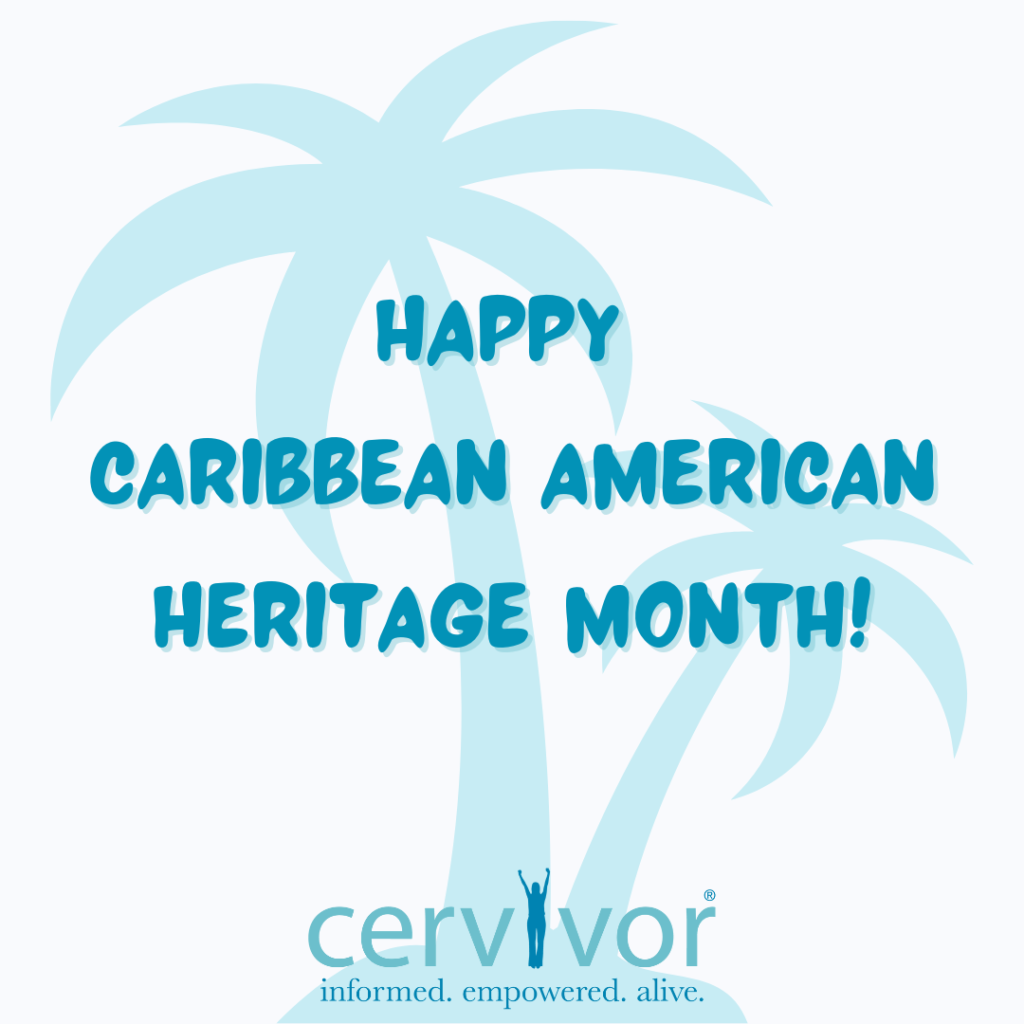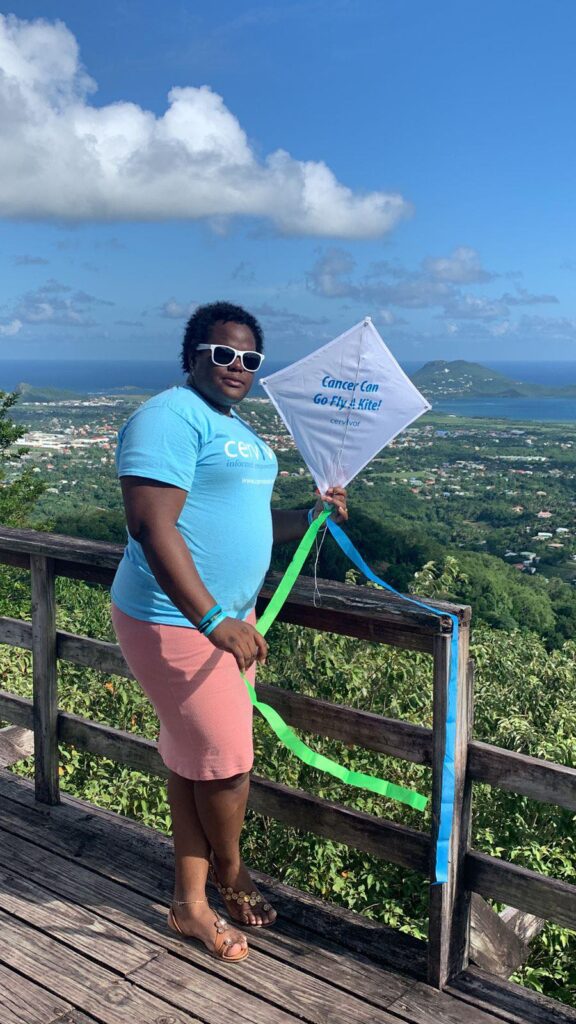My doctor called me on November 11, 2020, and told me over the phone that I had cervical cancer, and after I slid down the kitchen counter and physically got up off the floor, I started Googling ‘cervical cancer’. I knew where my cervix was and I knew I had cervical dysplasia in my 20s that had gone without treatment as it disappeared and the next pap was normal. But all of a sudden, I was a cancer patient. I was going to have a radical hysterectomy and bilateral oophorectomy. I was going to be genetically counseled and tested to find out I had a BRCA gene mutation. My body had turned against me. When I learned cervical cancer and HPV were linked, I was convinced I was contaminated and dirty and bad. It was the height of the pandemic and I was alone and scared.
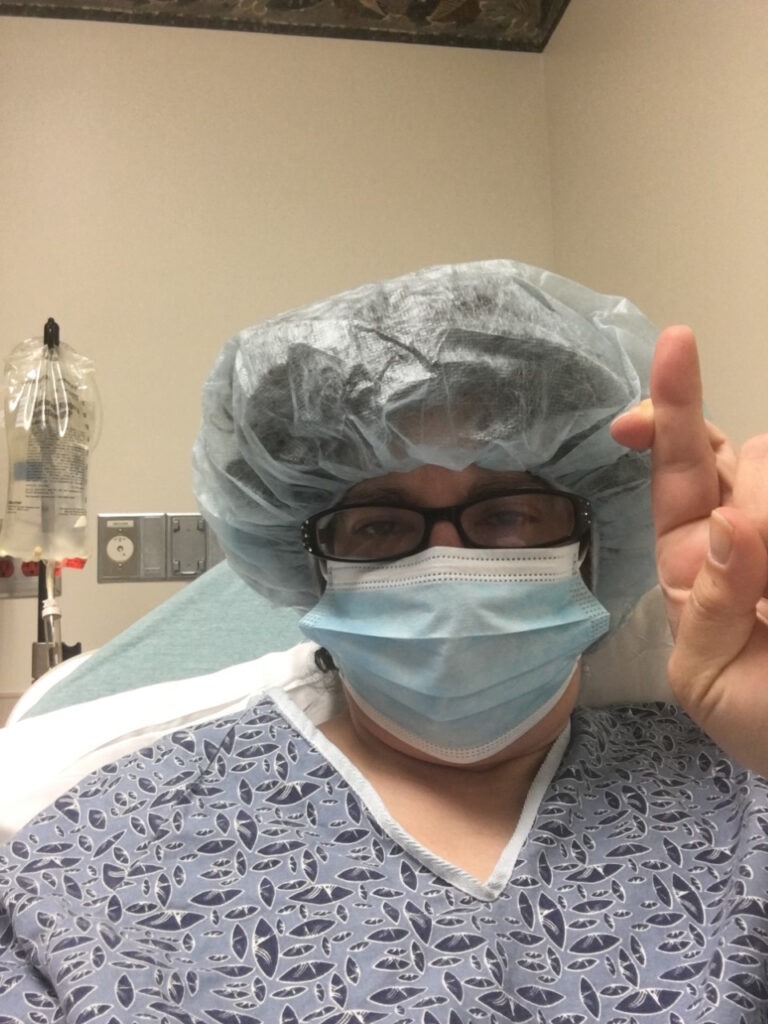
I found Cervivor on YouTube first and watched every video. Later I found Cervivor on Facebook and joined I’m A Cervivor! and introduced myself. Between the website and all the Cervivor stories, I became informed. I understood my options and I understood what my experience might be like. I had this knowledge and a sense of community, and I felt empowered. I was ready to fight cancer because of Cervivor.
The Cervivor community was a lifeline on those nights I was afraid I was dying. It is still a part of my daily life today, after my one-year cancerversary. With Cervivor, we laugh together, we cry together, we learn from each other, we share our stories, we live our lives, we are still living, and we honor those who are no longer with us. Now that I am a survivor of Stage 1A2 cervical cancer, I am helping to support others by offering my shoulder to lean on and sharing advice and experiences with others going through the same diagnosis.
Cervivor is my support and hope. It felt like finding my family because I am an orphan and have no living family. They were at my side in the OR as part of my visualization exercise for a successful surgery. They were there as I dealt with the consequences of my surgery. Suddenly, I had a beautiful diverse rainbow of sisters from all walks of life, and we were all joined by our experiences and making sure that no one else would go through what we had gone through if we could help educate others. I learned something from every single one of them and continue to learn from them at every meetup and through every call and text to a Cervivor sister.
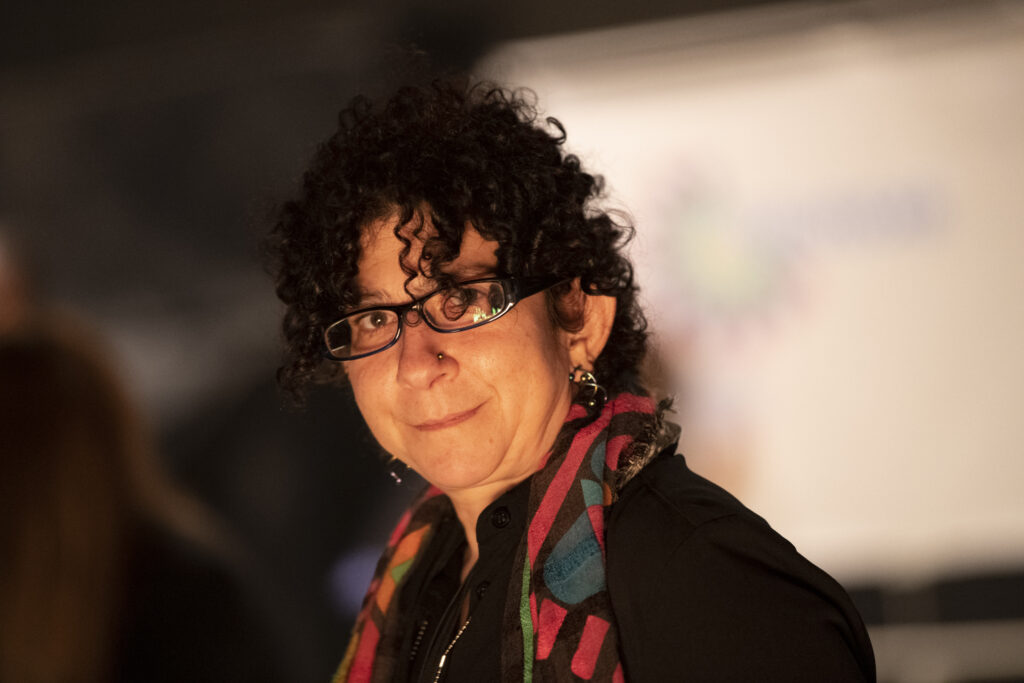
Cervivor has changed my life for the better. Programs from Cervivor comforted me after surgery and inspired me to take control of my body and my health in ways I had never done before. For example, I’ve lost 54 pounds and I’m healthier than the day of my diagnosis. I may not have any female reproductive organs in my body anymore, but I am still a strong bad@&$ babe. I am still fighting and adjusting to my body after cancer treatment, but I am also fighting for others, and I will never give up!
Cervivor taught me that cervical cancer actually gave me a superpower – the power to save lives by educating people on how we can end cervical cancer. Our stories matter. We are personal experts in our stories of cervical cancer and how much it takes from us. Cervivor teaches us to give back by raising our voices. Knowledge is power. The information and resources about HPV and cervical cancer from Cervivor can encourage vaccination and give patients the support they need.
Cervivor prepared me and supported me, and now I am paying it forward in my community and online. For me, “Informed. Empowered. Alive.” is one of my life’s purposes now. Thank you, Cervivor, I love you! Each and every one of us, no matter where we are in the cervical cancer experience – from those who have had dysplasia and an HPV diagnosis to those of us who have metastasized – it is an honor to count myself amongst us. We are empowered! Let’s make cancer pay!
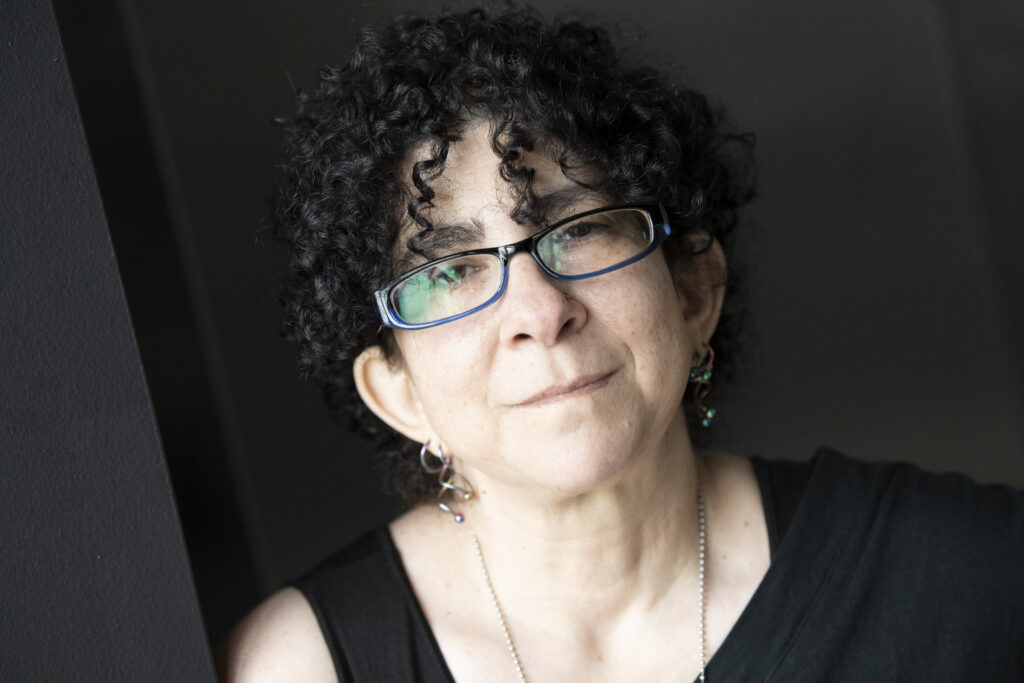
Pixie Bruner lives in the Atlanta metro area and is already a one-year survivor of stage 1a2 cervical cancer. She is a roleplaying game author, poet, historian, and academic guest lecturer on Classical Studies. She is a NASA Night Sky Network award recipient for education. Her hobbies include art, stargazing, dressing like a cat, coloring (including her hair in random crazy colors), and she is a voracious bookworm under five feet tall. Pixie advocates for cervical cancer awareness by sharing Public Cervix Announcements to total strangers. She is currently starting a joint project with other survivors in her area (Teal Sisters of GA) to fight the stigma of HPV, crush the ignorance of cervical cancer and HPV-related health issues, encourage HPV vaccination, and educate on cancer screenings and treatment for everyone.
